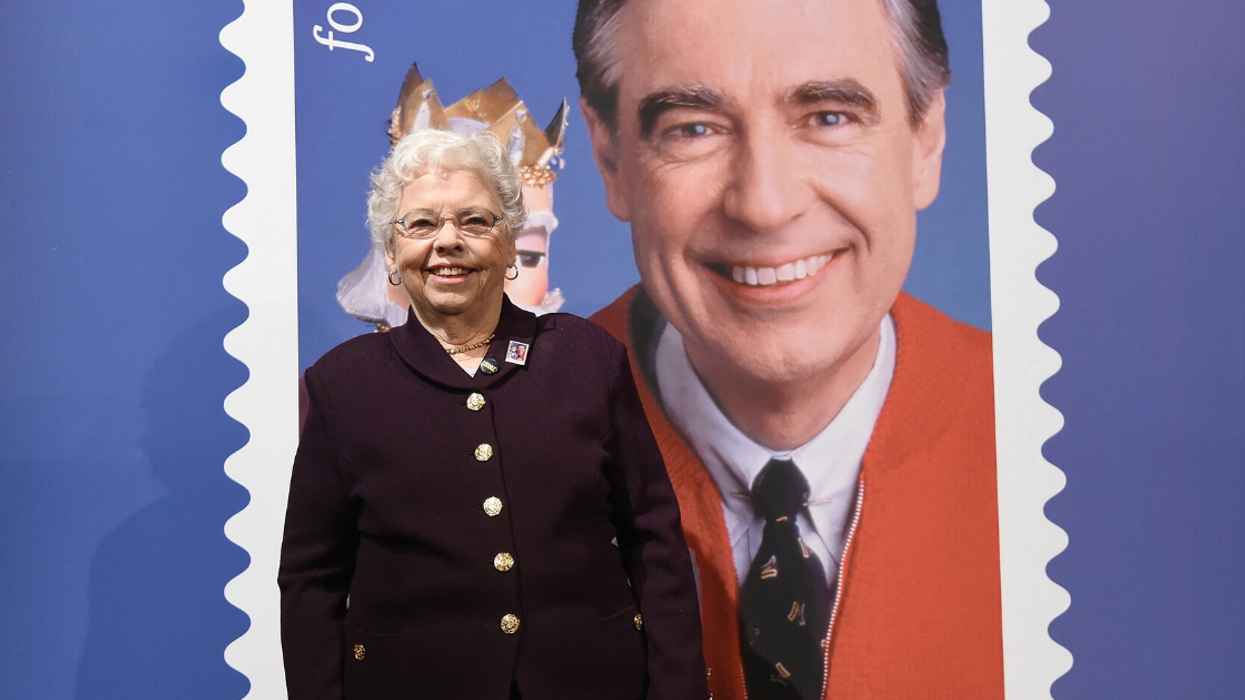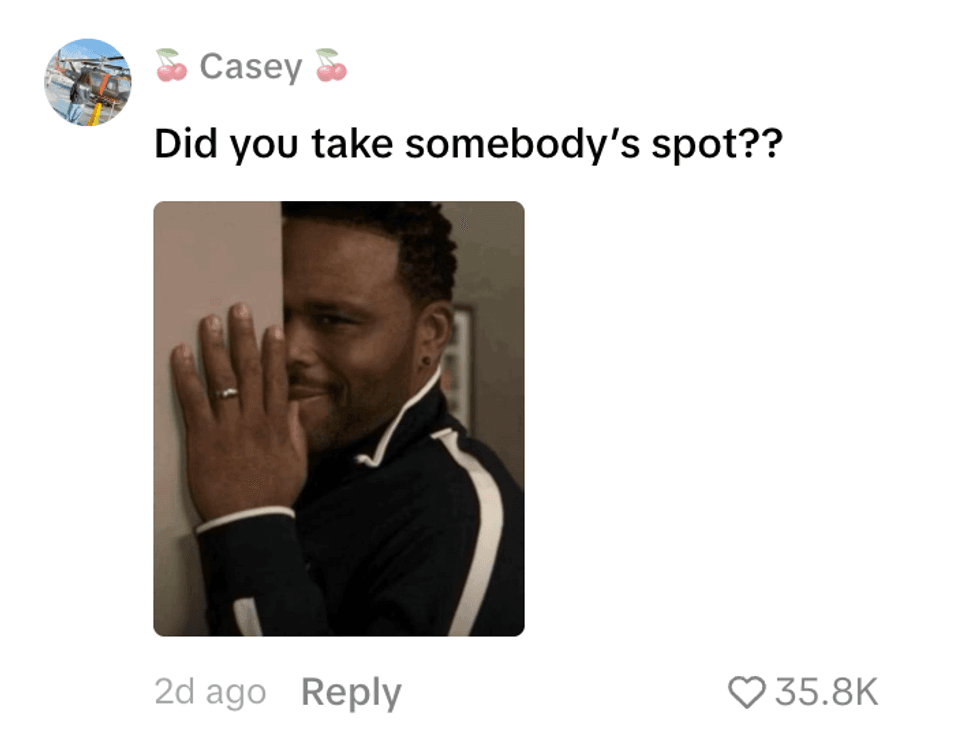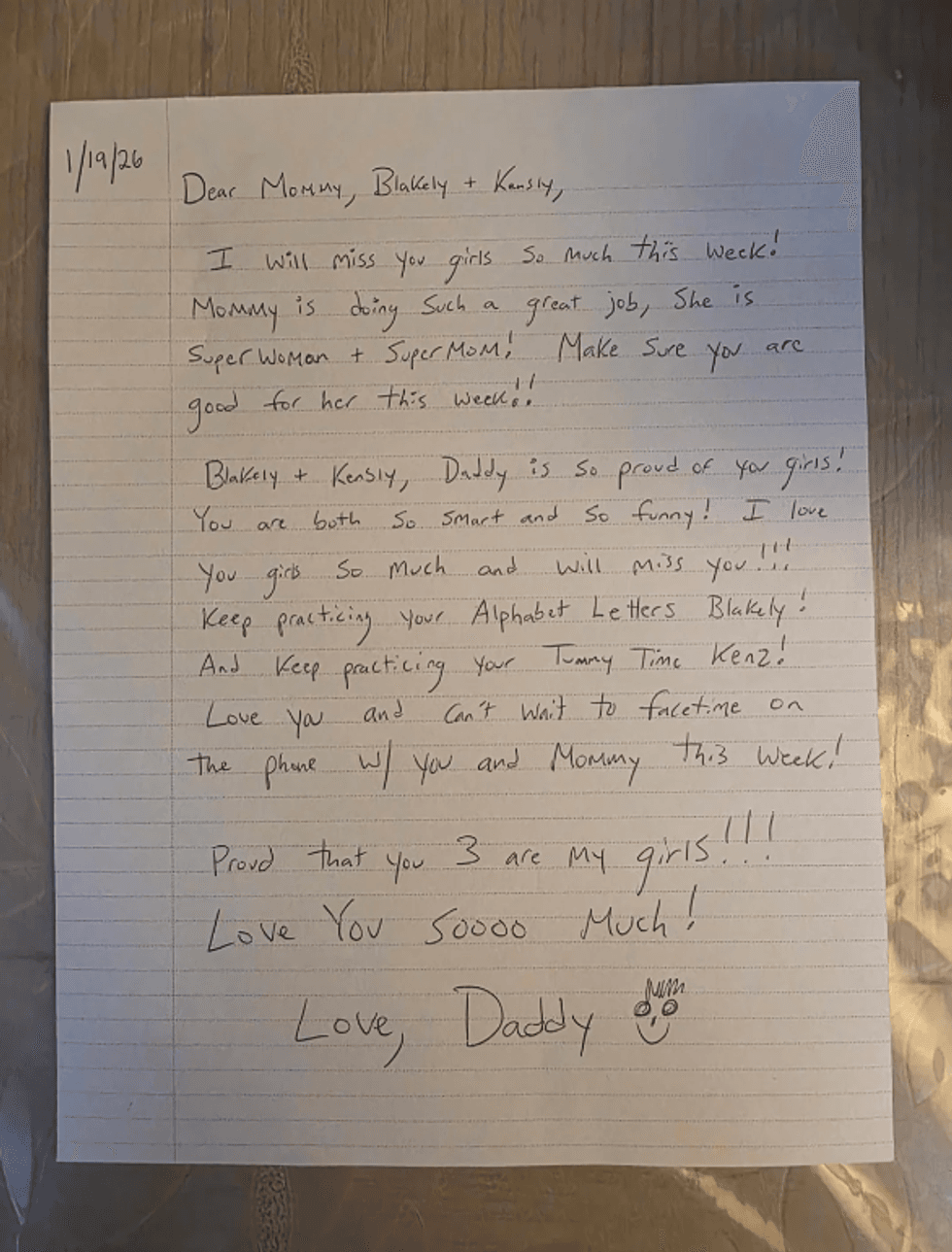Like any other autobiography-esque film, we hope to learn something new by seeing the movie.
But what we often don't get are behind-the-scenes peeks.
In the case of A Beautiful Day in the Neighborhood, however, Joanne Rogers has been more than open to sharing Fred Rogers' legacy, in an effort to teach others more about the person who he really was off-screen.
In an extensive interview with the LA Times, Joanne Rogers shared countless stories of Fred and their relationship together, particularly their early courtship, how he proposed, and how he often made her laugh.
Their relationship began in the early 1950's, and because they attended separate colleges, they saw each other fairly infrequently. Instead, they relied on letters to keep each other company.
Joanne Rogers also shared that they were not particularly intimate, stating that what little kissing they did was imperfect at best.
When Fred Rogers' proposal arrived in the form of a letter, Joanne shared how she ran to a pay phone in a hurry to exclaim her "yes!" Though they hadn't known each other for all that long, what was more important were the conversations they had held in their letters.
Fred had written to her repeatedly, telling her of the people he imagined they would grow to be, and what they could accomplish together, and it was this she held onto when she responded to his proposal.
All for the better, as they had a long life and marriage together, two children, and practically uncountable success.
When she was approached about the making of A Beautiful Day in the Neighborhood, she shared that she really only had one request before giving the film her blessing, though it was a big one.
Micah Fitzgerald-Blue, co-writer of the film, said:
"She really only had one request: that we not treat her husband as a saint."
Instead, what she hoped the film would highlight was just how funny Fred was.
During the making of the film, as the writers gathered more information from Joanne Rogers about Fred, one of her favorite stories to share was how Fred often made her laugh.
She confided that it was typically when they were out to an important dinner somewhere or a meaningful event, and if the whole affair became too stuffy and boring, Fred Rogers would do what he always did to make her laugh in a situation like this.
Joanne shared, while laughing:
"He would just raise one cheek and he would look at me and smile."
Though this tactic undoubtedly isn't everyone's cup of tea, what matters is that it worked for the couple.
And apparently it's working for Twitter, too.
By sharing such a story, however insignificant in the grand scheme of things, we're privy to new information. We can pull back the curtain a little bit and see something that became commonplace for the couple, and something they could enjoy together.
Plus, it's a hilarious tidbit of information about Mr. Rogers.
The fact that he would do something that some would deem inappropriate, just to make his wife laugh, is pretty telling. It's quite endearing by its own right. And it reminds us that Mr. Rogers was very much a human.














 Awkward Pena GIF by Luis Ricardo
Awkward Pena GIF by Luis Ricardo  Community Facebook GIF by Social Media Tools
Community Facebook GIF by Social Media Tools  Angry Good News GIF
Angry Good News GIF 
 Angry Cry Baby GIF by Maryanne Chisholm - MCArtist
Angry Cry Baby GIF by Maryanne Chisholm - MCArtist 
 @adriana.kms/TikTok
@adriana.kms/TikTok @mossmouse/TikTok
@mossmouse/TikTok @im.key05/TikTok
@im.key05/TikTok @biontrtwff101/TikTok
@biontrtwff101/TikTok @likebrifr/TikTok
@likebrifr/TikTok @itsashrashel/TikTok
@itsashrashel/TikTok @ur_not_natalie/TikTok
@ur_not_natalie/TikTok @rbaileyrobertson/TikTok
@rbaileyrobertson/TikTok @xo.promisenat20/TikTok
@xo.promisenat20/TikTok @weelittlelandonorris/TikTok
@weelittlelandonorris/TikTok @katiebullit/TikTok
@katiebullit/TikTok @rube59815/TikTok
@rube59815/TikTok
 u/Fit_Bowl_7313/Reddit
u/Fit_Bowl_7313/Reddit
 @meteorblades/Bluesky
@meteorblades/Bluesky @bodenkelly/X
@bodenkelly/X